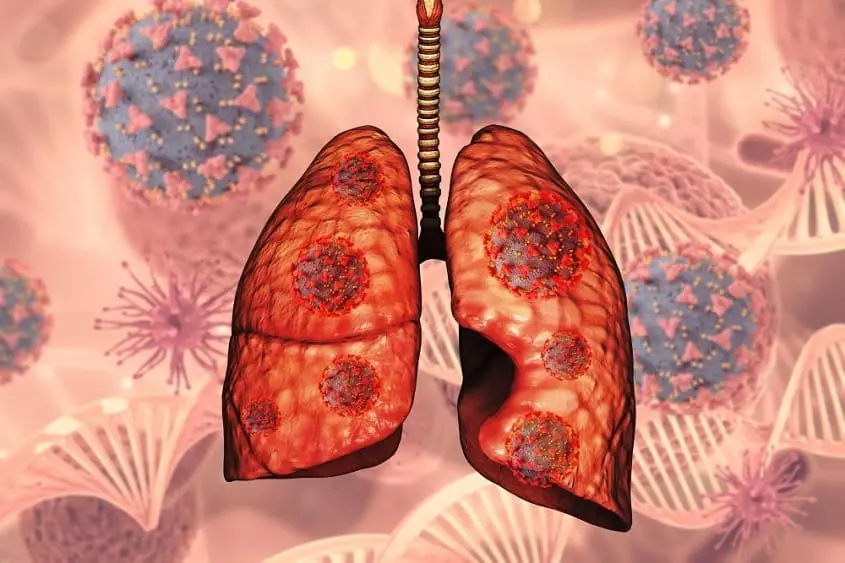Coronavirus Infection Risk in Asthma Patients
- Updated on: Jul 10, 2024
- 3 min Read
- Published on Mar 30, 2020

Coronavirus infection (COVID-19), which is a deadly infectious disease, is caused by novel coronavirus 2019. People with coronavirus infection generally experience mild to moderate respiratory illness like shortness of breath, fever, sore throat and cough.
Coronavirus spreads through respiratory droplets from a coronavirus infected person. Recent studies have proved that coronavirus can be stable in aerosol, plastic and stainless steel for some time. There is much more information we need to know about coronavirus yet. Some people may be at higher risk than other for getting the infection.
How Does Coronavirus Affect Asthma Patients?
People of any age who are having long-term medical conditions including people with cardiac and respiratory conditions like asthma are at higher risk of coronavirus infection.
According to a medical professional from The American Lung Association, there is very limited information about the coronavirus infections and asthma. Both SARS and MERS caused more severe problems in patients suffering from lung diseases like asthma and chronic obstructive pulmonary diseases. It can be expected that coronavirus infection may lead to more severe asthma symptoms, as shortness of breath is one of the symptom of this infection.
Asthma patients are thought to be more vulnerable for coronavirus infection. However, there is no strong evidence which could suggest the exact affect of coronavirus on asthma patients.
How Can Asthma Patients Manage to Protect Themselves From Coronavirus Infection?
Asthma patients should consider an appropriate action plan, which should include the following:
- Asthma patients should carry their preventer inhaler with themselves all the time. This helps reduce the risk of an asthma attack possibly triggered by coronavirus.
- Reliever inhaler should be carried by asthma patients, in case they feel asthma symptoms flaring up. This will give them quick relief.
- People should start maintaining a peak flow diary (noting how quickly you can blow air in an out), if you have a peak flow meter. If they don’t have a peak flow meter, they should buy it from a pharmacist, as it can be a good way of tracking asthma and helping differentiate between asthma symptoms and COVID-19 symptoms.
- If asthma patients feel symptoms like flu, cold, or any other respiratory infection, consult a doctor immediately.
- If the person smokes, it’s very important to quit smoking now as smoking increases the risk of COVID-19 infection.
Also Read These:
Does COVID-19 Virus Spread From One Person To Another?
Coronavirus Disease: Safety and Precaution for Heart Patients
Along with following these steps, patients should also follow basic hygiene as well such as:
- Wash your hands frequently with soap and water or use alcohol-based sanitizer if water is unavailable.
- Don’t touch eyes, nose and mouth.
- Stay away from people who are sick. Avoid sharing food, utensils and clothes.
- Asthma patients can take their usual medicines to control asthma.
What Should Asthma Patients Do if They Develop Coronavirus Symptoms?
The steps which should be taken by asthma patients include:
- Asthma patients should stay at home for 7 days if they live on alone, or 14 days if they live with others. Everyone in the home will need to stay in the house for 14 days.
- They should contact doctors via call to tell them you are staying at home.
- Ask the doctors for emergency care.
- They should tell the health professionals that they are suffering from asthma also so that they can treat the patient well considering their previous health problem as well.
- If you are having asthma cough and are not sure whether the cough is a symptom of COVID-19 or related to the asthma, consult your doctor immediately. Read about COVID-19 cough and cold.
- Patient should follow asthma action plan to manage their asthma symptoms as discussed above.
- Asthma patients can continue taking all the usual asthma medicines as normal.












